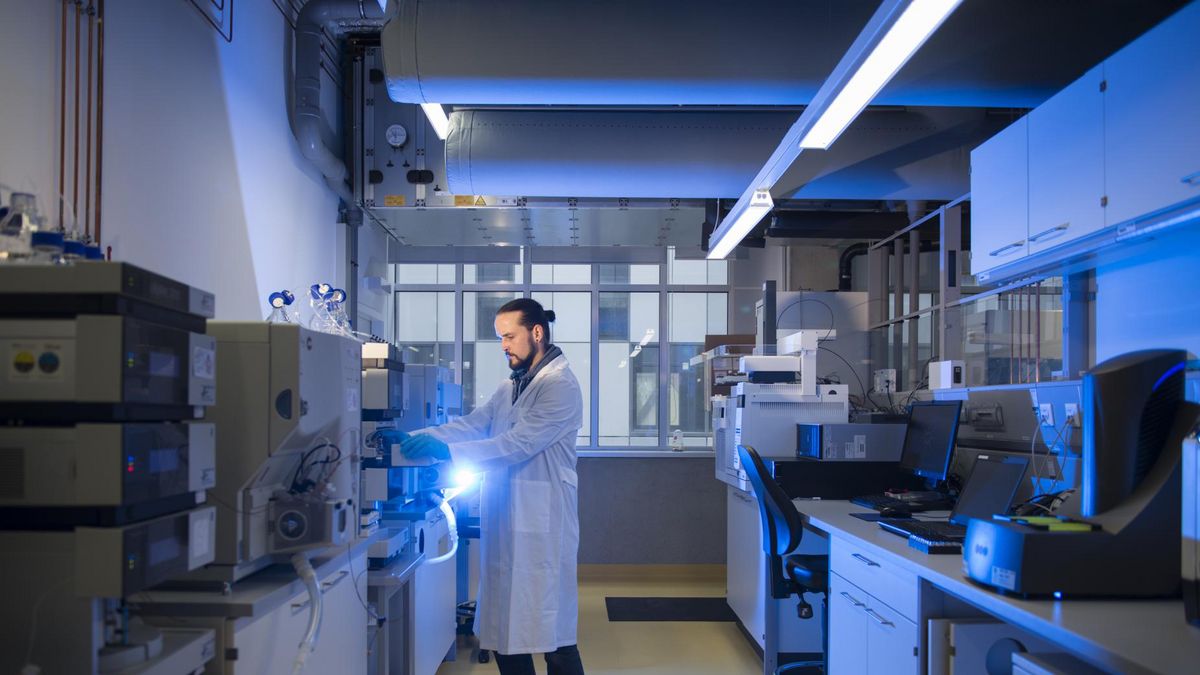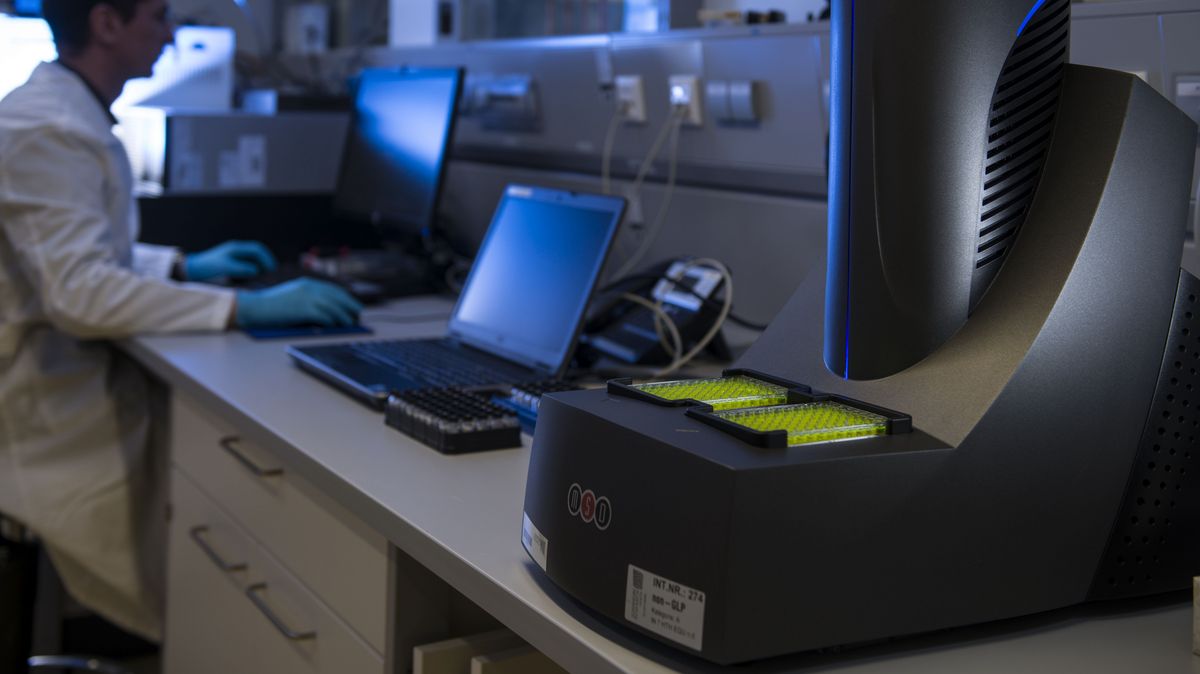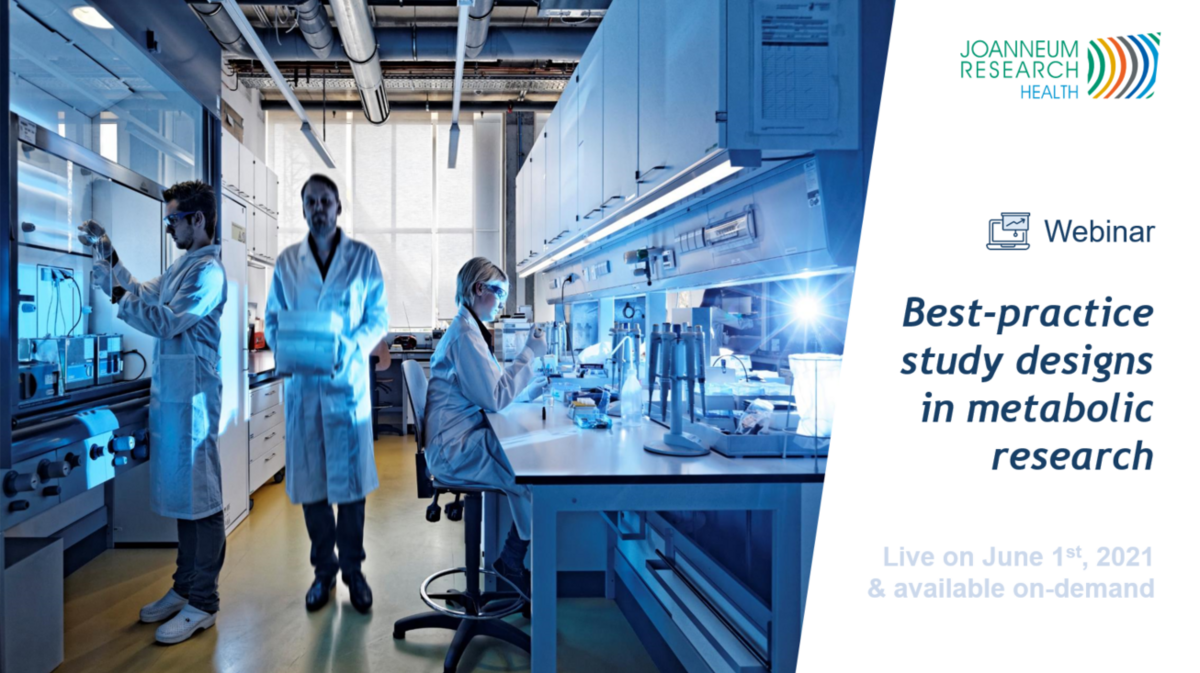According to WHO reports, the prevalence of obesity in EU countries has tripled in the last 30 years, and the number is still rising. Great efforts are being made to correct the underlying dysregulation of energy intake, energy expenditure, and energy storage via new and improved therapeutic approaches. For a better understanding of these dysregulations and their counteracting therapies, the molecular mechanisms need to be studied in more detail. In this webinar we present important and advanced bioanalytical methods to study the metabolic network affected by obesity, comorbidities, and therapy.
We present mass spectrometry-based methods that use isotope labelling techniques to study glucose and lipid kinetics and showcase metabolomics studies that investigated the effect of treatments on the whole intracellular metabolic network. We present a new take on determining total energy expenditure that requires lower sample volumes while providing higher precision analyses. Our portfolio of immunochemical and mass spectrometry-based methods allows us to select the optimal approach for your specific research objective.
The webinar will present a large portfolio of advanced analytical study designs for clinical and preclinical studies in the field of metabolic research. Register if you want to upgrade to the next level of metabolic research.
Key Learning Objectives:
- How can analytical methods best support metabolic research?
- How to quantify peptides that regulate metabolic processes?
- How to use metabolomics in diabetes and obesity research?
- How to use stable isotope tracers in clinical studies?
Presented by:
- Univ. Prof. Dr. med. Thomas Pieber, Director Institute HEALTH
- Dr. Christoph Magnes, Head of Research Group Bioanalytics & Metabolomics
- Dr. Reingard Raml, Deputy Head of Research Group Bioanalytics & Metabolomics




